BOSTON, USA: Scientists at Tufts University School of Dental Medicine have taken a major step toward developing a smart dental implant that could one day restore natural sensation and neural connection — something traditional titanium implants cannot do.
Led by Dr. Jake Jinkun Chen, professor of periodontology and director of the Division of Oral Biology, the Tufts team recently published their breakthrough in Scientific Reports. Their preclinical study in rats showed early success with a biodegradable, stem-cell-coated implant that encourages nerve regeneration and may eventually send signals to the brain.
“Conventional implants lack the nerve elements that natural teeth have,” said Dr. Chen. “Our goal is to create a bio-integrated solution that restores not just function, but feeling.”
What makes this smart dental implant different?
The implant design marks a departure from current approaches:
- Gentler surgical technique:The implant is inserted using a “press-fit” method that avoids deep bone fusion (osseointegration), preserving space for soft tissue growth.
- Biodegradable coating:It releases dental pulp stem cells and growth factors as it dissolves, promoting nerve tissue development.
- Tissue engineering principles:Combining scaffolds, stem cells, and molecular cues to trigger the body’s natural repair processes.
Promising results from preclinical testing
In the animal study:
- Implants stayed stablewith no signs of inflammation or rejection six weeks after surgery.
- Imaging showed a soft tissue interfaceforming around the implant — not rigid bone fusion — indicating an environment suitable for nerve regeneration.
- The team now aims to test functional connectionto the brain using Harvard’s high-resolution imaging tools.
“We want to see if regenerated nerves actually transmit signals to the proprioception areas of the brain,” Dr. Chen said, referencing the brain's control of pressure and movement sensing.
Why sensory dental implants matter
Dental implants are growing in popularity, especially with aging populations. In the United States, the number of adults with at least one implant rose from 1% in the early 2000s to 5% by 2016. Canada’s market is projected to nearly double by 2030.
Yet conventional implants come with limitations:
- Loss of natural feedback:Patients can’t feel pressure or texture, which can cause chewing dysfunction or trauma.
Risk to nearby teeth: A 2023 study found that teeth adjacent to implants were twice as likely to develop jawbone infections compared to natural-tooth neighbors.
- Structural loss:Tooth extraction removes soft tissue, nerves, collagen fibers, and blood vessels, making full biological restoration difficult.
Tufts’ smart implant design addresses these challenges by not just replacing teeth — but rebuilding the surrounding neurobiological network.
What’s next for smart implants?
The Tufts team is now preparing for:
- Neural testing with brain imagingto confirm functional proprioception
- Stem cell personalization,ideally using the patient’s own cells to reduce rejection risk
- Advanced RNA studies,focusing on non-coding RNA's role in tissue regeneration
- Grant-funded trials,with an NIH grant request of $3.59 million under review
Chen emphasized that this innovation is part of a larger mission to explore oral-systemic health connections, including the role of periodontal pathogens in Alzheimer’s disease and other chronic illnesses.
“Smart implants are not just a technical upgrade,” Dr. Chen concluded. “They represent a step toward restoring the body’s full sensory experience — bridging medicine, bioengineering, and patient quality of life.”
KARACHI- Pakistan Medical Association’s (PMA) Karachi chapter general secretary Dr Qazi M. Wasiq has said that Sindh government with a view to ...
Dr Asif Arain, Chairman of the 12th International and 32ndNational Dental Congress on Multi-disciplinary Approach in Dentistry, said that the congress is ...
WESTFIELD, NJ – On a wall in the waiting room of his dental practice in town, Dr. Peter Louie displays a plaque commemorating the three days he ...
Live webinar
Tue. 24 February 2026
11:00 pm PKT (Islamabad)
Prof. Dr. Markus B. Hürzeler
Live webinar
Wed. 25 February 2026
1:00 am PKT (Islamabad)
Prof. Dr. Marcel A. Wainwright DDS, PhD
Live webinar
Wed. 25 February 2026
9:00 pm PKT (Islamabad)
Prof. Dr. Daniel Edelhoff
Live webinar
Wed. 25 February 2026
11:00 pm PKT (Islamabad)
Live webinar
Thu. 26 February 2026
6:00 am PKT (Islamabad)
Live webinar
Tue. 3 March 2026
9:00 pm PKT (Islamabad)
Dr. Omar Lugo Cirujano Maxilofacial
Live webinar
Wed. 4 March 2026
6:00 am PKT (Islamabad)
Dr. Vasiliki Maseli DDS, MS, EdM



 Austria / Österreich
Austria / Österreich
 Bosnia and Herzegovina / Босна и Херцеговина
Bosnia and Herzegovina / Босна и Херцеговина
 Bulgaria / България
Bulgaria / България
 Croatia / Hrvatska
Croatia / Hrvatska
 Czech Republic & Slovakia / Česká republika & Slovensko
Czech Republic & Slovakia / Česká republika & Slovensko
 France / France
France / France
 Germany / Deutschland
Germany / Deutschland
 Greece / ΕΛΛΑΔΑ
Greece / ΕΛΛΑΔΑ
 Hungary / Hungary
Hungary / Hungary
 Italy / Italia
Italy / Italia
 Netherlands / Nederland
Netherlands / Nederland
 Nordic / Nordic
Nordic / Nordic
 Poland / Polska
Poland / Polska
 Portugal / Portugal
Portugal / Portugal
 Romania & Moldova / România & Moldova
Romania & Moldova / România & Moldova
 Slovenia / Slovenija
Slovenia / Slovenija
 Serbia & Montenegro / Србија и Црна Гора
Serbia & Montenegro / Србија и Црна Гора
 Spain / España
Spain / España
 Switzerland / Schweiz
Switzerland / Schweiz
 Turkey / Türkiye
Turkey / Türkiye
 UK & Ireland / UK & Ireland
UK & Ireland / UK & Ireland
 International / International
International / International
 Brazil / Brasil
Brazil / Brasil
 Canada / Canada
Canada / Canada
 Latin America / Latinoamérica
Latin America / Latinoamérica
 USA / USA
USA / USA
 China / 中国
China / 中国
 India / भारत गणराज्य
India / भारत गणराज्य
 Vietnam / Việt Nam
Vietnam / Việt Nam
 ASEAN / ASEAN
ASEAN / ASEAN
 Israel / מְדִינַת יִשְׂרָאֵל
Israel / מְדִינַת יִשְׂרָאֵל
 Algeria, Morocco & Tunisia / الجزائر والمغرب وتونس
Algeria, Morocco & Tunisia / الجزائر والمغرب وتونس
 Middle East / Middle East
Middle East / Middle East
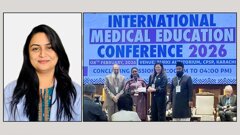
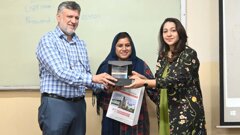
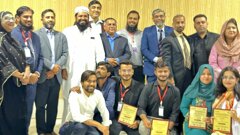
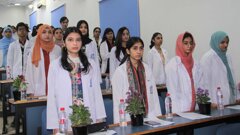























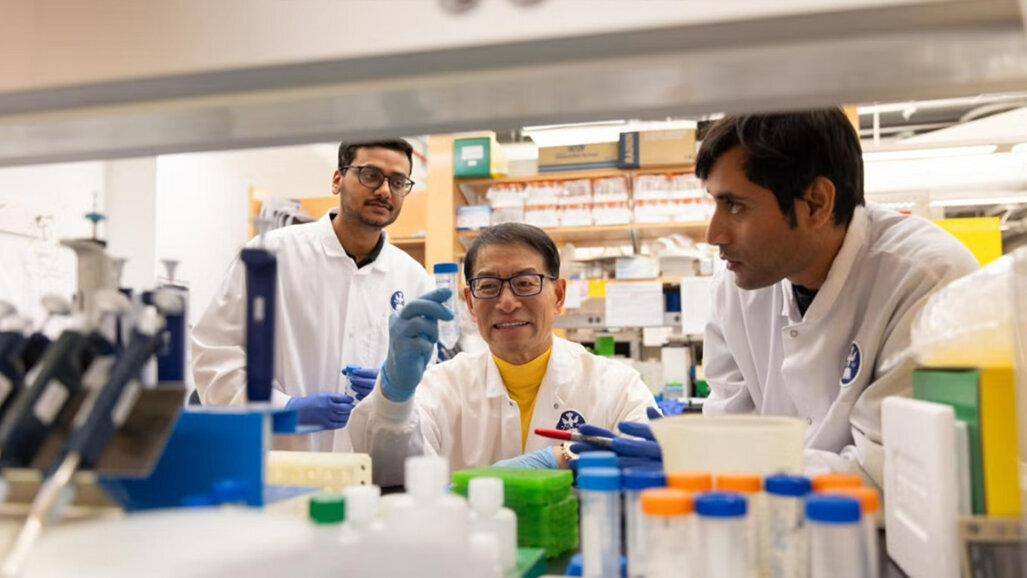






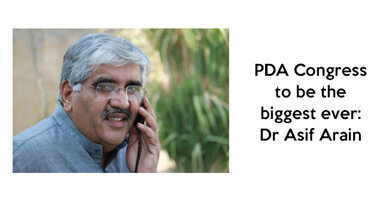
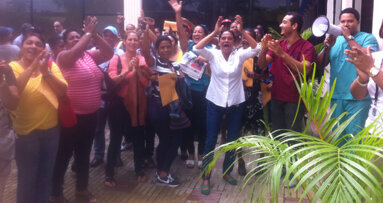
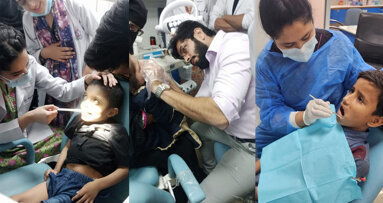
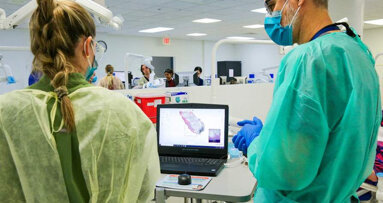

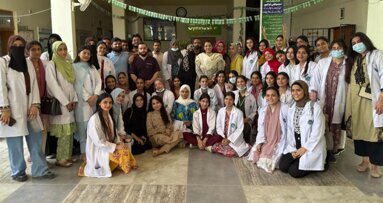
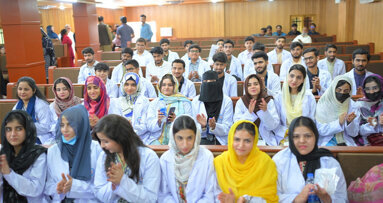
















To post a reply please login or register